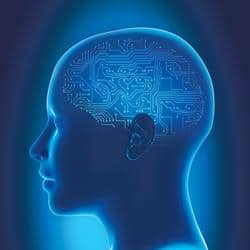- Pesticides Affect Hearing in Farmers - September 2, 2024
- Hearing Loss is #1 Disability for Veterans - August 1, 2024
- Untreated Hearing Loss linked to Dementia - July 1, 2024
“Brain Hearing” is what we do each and every day! Sound signals are gathered by the Pinna (outer ear) and channeled into the ear 
Over the years, hearing aid manufacturers have studied the whole auditory process, to learn how it responds to both environmental sounds and the spoken word. Today after 110 years of experience and innovation, Oticon has introduced Brain Hearing™technology which is designed to support your brain, and the hard work it already does. The purpose of this technology is to help you hear better and with less effort wherever you are. “Your hearing is as unique as your fingerprint.” Because no two people are alike, no one’s hearing profile is quite like yours. Brain Hearing™ technology enables Oticon hearing instruments to be finely tuned to match your unique hearing profile and personal preferences. This technology: Helps both ears work together, Recognizes and preserves natural speech, Separates speech from background noise, and Coordinates how sound is best understood by your brain.
When the sounds around you are not coming through like they once did, and you no longer understand the people you are with, it is time to have your hearing tested. Once the ear exam and hearing test are complete, your hearing care provider will be able to tell you whether medical intervention or hearing aids will help keep your brain hearing.
Should hearing aids be recommended, Oticon’s Brain Hearing™ technology is available in a wide range of styles, fitting options, colors and price points to meet your hearing, cosmetic and financial needs.
On Wednesday February 18th, Audiologist, Ken Saiki, from Oticon, will be holding an educational seminar about “Brain Hearing” at Welsch Hearing Aid Company, located at 2223 S Memorial Place in Sheboygan. Call 920-452-0213 to reserve your spot today! Seats are limited!
